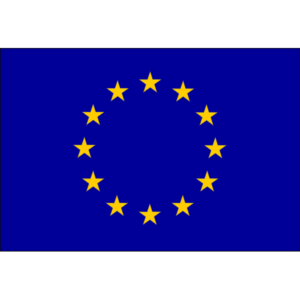Fidelity European Trust plc (LON:FEV) is the topic of conversation when Hardman and Co’s Investment Companies Analyst Riccardo Bindi caught up with DirectorsTalk for an exclusive interview.
Q1: What can you tell us about the note you have just published?
A1: In this note, we look back at the 2022 performance, putting it in its longer-term historical context and comparing it with Fidelity European Trust’s peer group performance in 2022. We touch briefly on the outlook for 2023, but we also remind investors that FEV’s long-term track record is driven by bottom-up stock selection.
Q2: Are FEV’s investment philosophy and long-term track record worth re-visiting?
A2: Yes. We touched on their investment philosophy in our previous four notes, but it is always worth reminding readers of the Trust’s core tenets.
It is a bottom-up process, which seeks out companies that can grow dividends sustainably over a three – to five-year horizon. The managers look for attractive valuations: good quality at a reasonable price, with low turnover, and hence low transaction costs. It is a cautious strategy that focuses on managing downside risk, and the fund is always fully invested.
Q3: Do you touch on the 2022 performance of the Trust?
A3: Yes, we start with a roundup of 2022, which was a difficult year for most asset classes. Despite that, the Trust managed to outperform its benchmark and its peers, adding another good relative year to its long-term track record. FEV’s commendable performance demonstrates not only its tried and tested philosophy and process, but also the benefits of being well-diversified by sector and by country. We also touch on the best and worst performers for the year and show what a real mixed bunch they are.
Q4: How does the performance of 2022 stack up in a longer-term context, and against the Trust’s peers?
A4: FEV is still outperforming its peer group over all time scales, it also returns a higher dividend yield, and its five-year dividend growth of 10.4% is much higher than that of the competition.
2022 is not the first time that we have seen market turbulence, the Trust has had to deal with volatile and falling markets before. Let us remember that, over the past 12 calendar years, the fund has underperformed the benchmark index in only two years. They have also managed to outperform in negative, as well as positive markets.
The management of the Trust has also been very stable over the past 30 years, with only four different managers during the period. Overall, we believe this shows that they have a well-tested, long-term track record.
Q5: Do you touch on what may lie in store for 2023?
A5: We think it is unlikely that 2023 will be smooth. Corporate profitability seems to be the next area of concern, and there are fears about the possibility of a recession. On the other hand, it could also be that all the pessimism is now priced in, and there are some positives on the horizon, such as inflationary pressures easing, less aggressive tightening by central banks, and a recovery in China now that the zero-COVD-19 policy has ended.
As the Fidelity European Trust managers correctly like to remind us, the macro makes the headlines, but, at the micro level, there are always opportunities.



